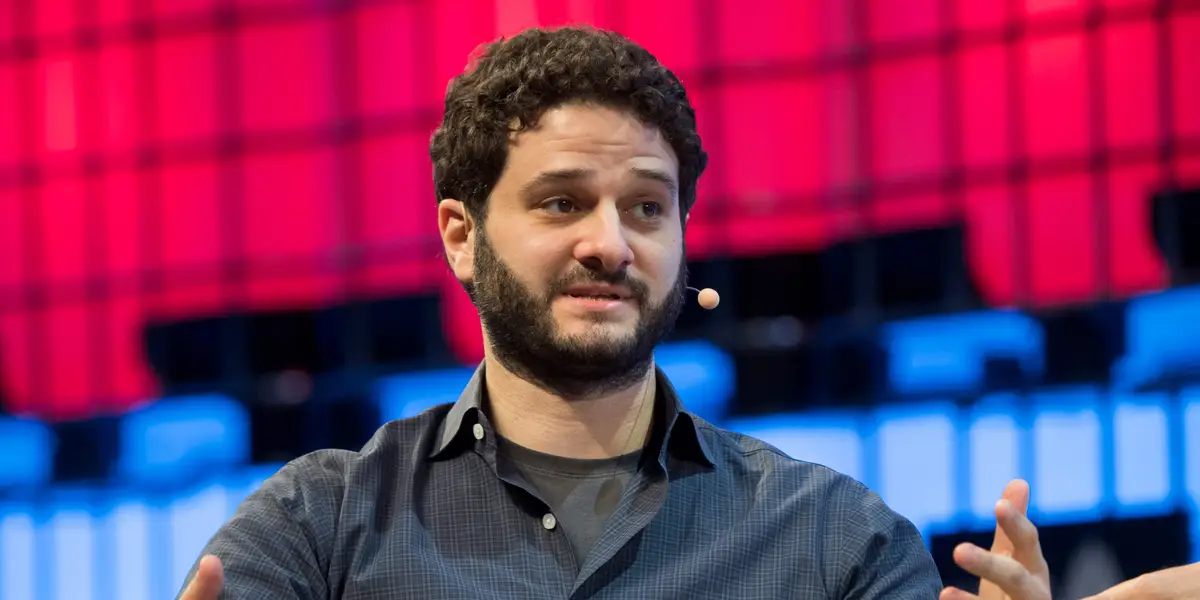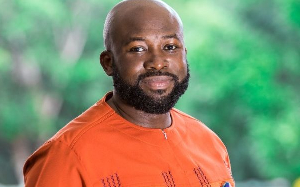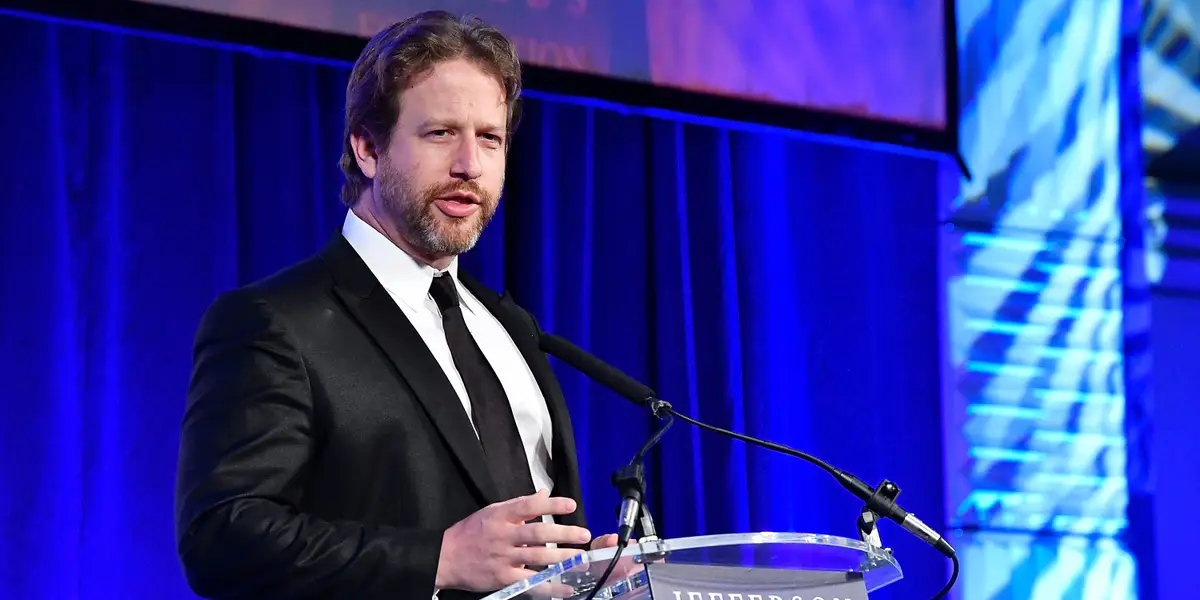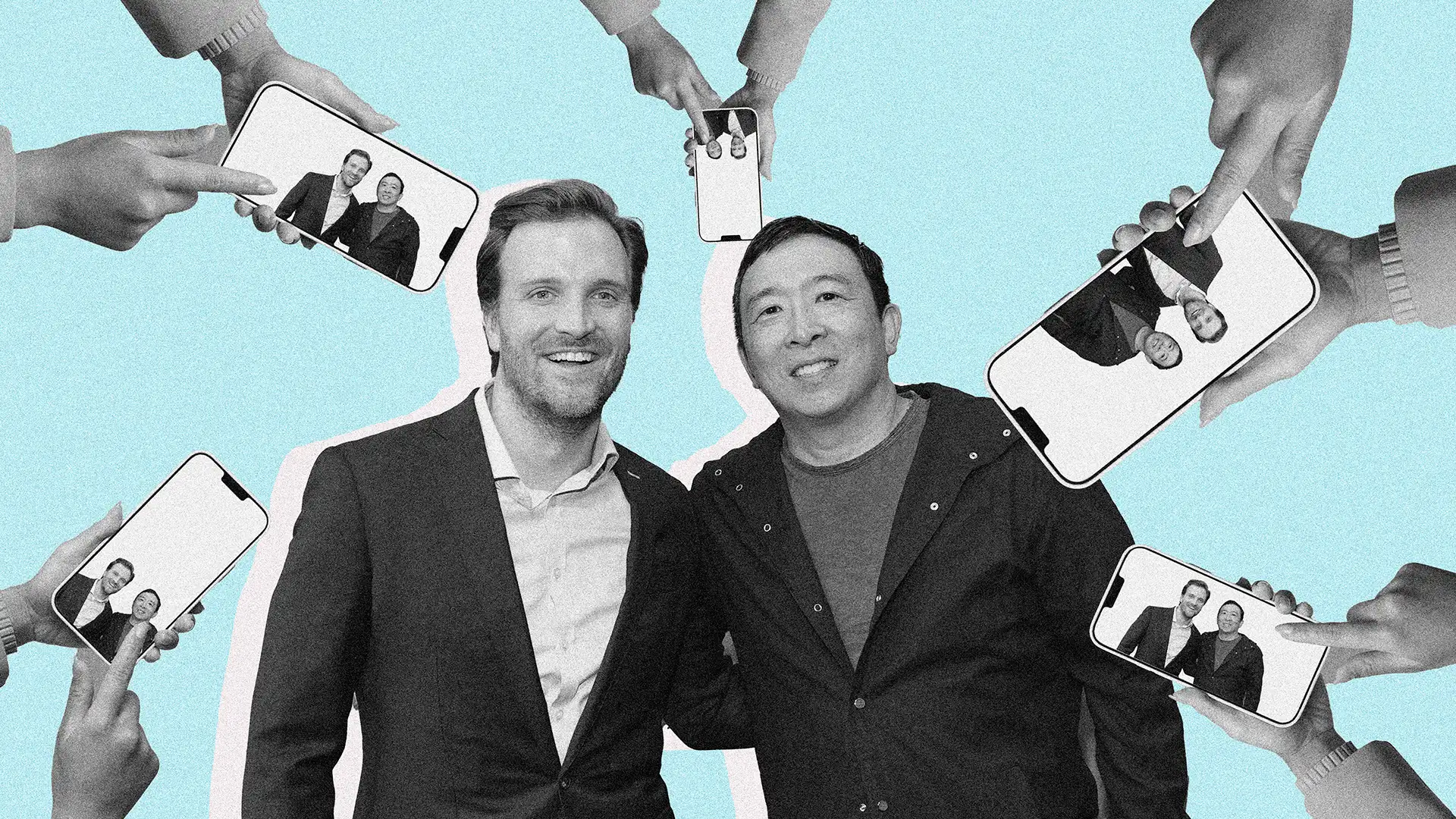Copyright Business Insider

Some are born to be a CEO. Others have it thrust upon them. Dustin Moskovitz cofounded two large, publicly traded companies. The first was Facebook; he was Mark Zuckerberg's sophomore year roommate. The second was Asana, which he led as CEO for over a decade. Moskovitz stepped down as CEO in July. Despite his history of leadership, he told Stratechery that he didn't love the role. "I don't like to manage teams, and it wasn't my intention when we started Asana," Moskovitz said. "I'd intended to be more of a independent or Head of Engineering or something again." Moskovitz said that he found being a CEO "quite exhausting" and that he was "an introvert." "I had to just kind of put on this face day after day and then in the beginning I was like, 'Oh, it's going to get easier, the company will get more mature,'" Moskovitz told Stratechery. "Then the world just kept getting more chaotic." He listed some of the reasons leadership became more challenging: "The first Trump presidency and the pandemic and all the race stuff." Moskovitz isn't the first CEO to publicly express that running a large company wasn't exactly their cup of tea. Steve Kaufer said that he didn't miss being the CEO of TripAdvisor — even if he now sometimes gets ghosted on LinkedIn. Related stories Business Insider tells the innovative stories you want to know Business Insider tells the innovative stories you want to know "I felt very responsible for the success of the company, for the 3,000 people," Kaufer said. Others have stated their dislike of the gig more plainly: After stepping down as CEO of Stability AI, Emad Mostaque said that "being a CEO sucks." Elon Musk is the CEO of at least three companies, leading Tesla, SpaceX, and xAI. He also has talked about the pitfalls of the job, having endorsed a friend's assessment that being a CEO can be like "looking into the abyss and chewing glass." The CEO job can be a stressful one — and turnover is up. Leaders have several tools for rebuilding energy and managing the burnout. Some told Business Insider that they slot in time for yoga or outdoor walks. In the Stratechery interview, Moskovitz explained his negative feelings toward the role: "Being a CEO is a lot more reacting to problems and doing this sort of thing," he said. Moskovitz, who is worth an estimated $11.9 billion according to Bloomberg's Billionaires Index, is still involved at Asana, transitioning to board chairman after stepping down as CEO.



